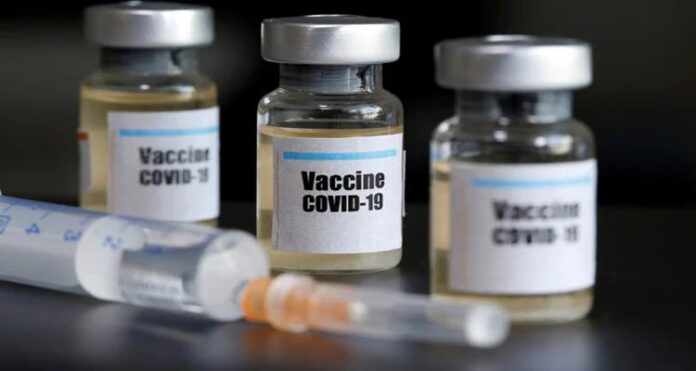| Translate This News In |
|---|
Despite “disappointing” recent trial results for an AstraZeneca spray, experts say nasal vaccines could still be a potent future weapon in the fight against Covid-19. Nasal vaccines aim to develop immunity in the mucous membrane that lines the nose and mouth by entering the body through the same route as the virus. This may prevent individuals from becoming infected in the first place and may prevent those who already have Covid from spreading it further.
That would be a significant improvement over conventional shots in the arm, which have shown to be very successful at preventing severe Covid but far less successful at stopping transmission.
Last month, China was the first nation to approve the needle-free Covid vaccine, which is administered as an aerosolized mist through the mouth and nose using a nebulizer device. A few days later, India backed a domestic nasal drop vaccine.
Last week Oxford researchers released the findings of a phase 1 trial for a clear nasal spray using the AstraZeneca vaccine, which left some wondering when Western nations would catch up.
According to a study that was published in the journal biomedicine, the vaccine only encouraged mucosal antibodies in a small percentage of the participants, and the immune reactions were weaker than those from conventional vaccines.
Do not “become too depressed”
It’s important to “not be too depressed” about the AstraZeneca results, virologist Connor Bamford of Queen’s University Belfast told AFP.
He claimed that figuring out exactly why the nasal spray failed could aid researchers in learning how to improve a subsequent version.
Contrary to AstraZeneca, effective nasal vaccines used to treat other illnesses like polio, rotavirus, and influenza are all live vaccines, meaning they replicate inside the nose, according to Bamford. This could provide researchers with a path forward.
Although the AstraZeneca results “are indeed disappointing,” immunologist Eric Tartour of the European Hospital Georges Pompidou in Paris said he did not believe the news “dampens hope for nasal vaccines.”
He added that the lack of any significant side effects from the AstraZeneca, Chinese, and Indian nasal vaccines was “reassuring.”
According to research conducted by health data company Airfinity and Nature last month, there are about 100 different intranasal Covid vaccines being developed globally, with about 20 of them currently undergoing human testing.
Nasal vaccinations have also been authorized in Russia and Iran. They haven’t, however, published trial data demonstrating that their vaccinations reduce transmission in a peer-reviewed publication, similar to China and India.
Additionally, the need for a new Covid vaccine is yet unknown as a result of declining vaccination rates throughout the world, which have forced certain nations to burn millions of outdated doses.


















